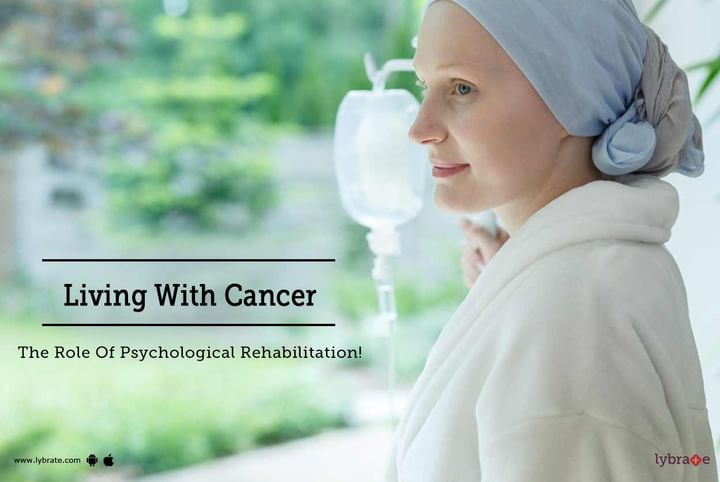Living With Cancer - The Role Of Psychological Rehabilitation!
The diagnosis of cancer can deal a severe blow to a person’s psyche. It is a life-threatening disease and the battle against it is long and painful. Once treatment commences, it triggers a volley of physical, psychological as well as cognitive problems. That is why people who have contracted cancer are advised to undergo psychological rehabilitation sessions to help them cope with these problems.
What is the Goal of Rehabilitation Psychology?
Rehabilitation can help a cancer patient with the following –
• Stay as active as possible
• Participate in your everyday activities like you used to before the diagnosis
• Mingle with family and friends
• Teaches you to be self-reliant for as long as possible
• Enhance your quality of life
What Problems does Rehabilitation Psychology target?
There are a number of physical issues, discomforts and insecurity issues that a cancer patient suffers, which rehabilitation psychology can alleviate –
• Intense pain
• Swelling
• Physical weakness
• Loss of flexibility
• Low levels of endurance
• Change in the texture of the skin caused by radiation therapy or chemotherapy
• Loss of libido and sexual dysfunction
• Problems with chewing and swallowing food
• Issues with balance and frequent instances of tripping over
• Neuropathy (a sensation of numbness)
Some mobility troubles that rehabilitation helps overcome are –
• Difficulty in sitting or standing up
• Stair climbing
• Walking
• Putting clothes on or undressing
• Taking a shower
• Raising oneself from a chair It is not just physical problems that rehabilitation psychology can help deal with but it can mitigate certain cognitive issues too –
• Disorientation
• The fogginess of the thinking process
• Trouble in recollection or memorising
Types of Rehabilitation Specialists Cancer rehabilitation tackles a myriad of different problems. It requires a bunch of professionals each trained in and specializing in dealing with a particular problem.
• Occupational Therapists
They can help a person come to grips with problems that he/she might encounter every day once treatment starts. They can help the patient learn how to go about the daily routine while minimizing physical pain and discomfort.
• Speech Pathologists
They can help the cancer patient to deal with eating and swallowing problems. This therapy becomes especially necessary for people with cancers of the neck.
• Physical Therapists
They help with pain management and their role in rehabilitation is instrumental. They teach a person how to improve or restore his/her mobility.
• Cognitive Psychologist
Chemotherapy affects a person’s cognitive abilities. That is why cancer patients often need the help of cognitive psychologists, who can help them rise above these problems. Rehabilitation psychology plays a vital role in cancer care. It makes treatment more effective and ensures that the person gets back on his/her feet.



+1.svg)
